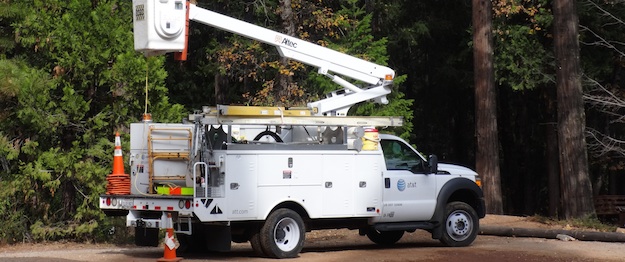Telecoms lobbyists tell Calfornia lawmakers which side of the digital divide they're on

Lobbyists for AT&T and the California cable industry gave state assembly members clear insight into why rural broadband development is such an intractable challenge. It wasn’t exactly the insight they were planning to deliver – that consisted mostly of platitudes about the wonderful work they’re doing and the evils of subsidising independent companies that would dare to compete against them. The insight came from the way they tried to divert attention away from the rural questions that the assembly’s select committee on the digital divide in California is tasked with answering, and toward the investment they’re indisputably making in more lucrative urban areas.… More






